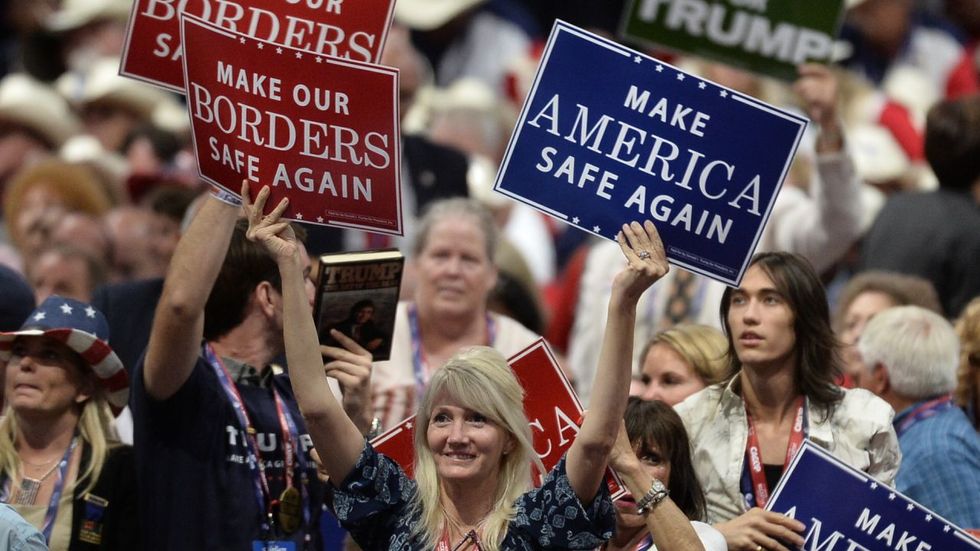It is taken for granted in certain circles that the current political climate is due to the liberal elite’s failure to understand and cater to the desires and needs of America’s White working class. Much ink has been spilled decrying the lack of sympathy, the lack of comprehension, the general lack of responsiveness displayed by the elites who control the course of America’s political progress. I was resistant to this idea from the beginning, but it took me until now to really put my finger on why. My apologies for my slow thinking, but I’ll explain myself now.
The idea of the poor and misunderstood White who carried Trump’s victory has been shown to be problematic in multiple ways. For one, post-election day results showed that it was not poverty that made people likely to vote for Trump—plenty of wealthy people voted for him. The biggest predictor was just Whiteness, irrespective of class: the same Whiteness shared by most of the coastal elites. Secondly, it elides the fact that Trump, a very wealthy man who makes policies that favor wealthy men like him, does not work for the advantage of poor Whites. It is not the working-class identity, but the White identity, that made these voters feel a commonality with Trump and thus vote for him.
Thirdly, and most problematically, it denies the very humanity of the poor Whites it claims to defend.
In order to vote for Trump, White people had to make a decision that their own benefits (assuming that Trump would benefit them, which is not necessarily true) were important enough to them to outweigh the sexism, racism, homophobia, transphobia, classism, and general ill-mannered grossness of Trump’s behavior. This is a moral decision. It is a decision that all of those evils are acceptable if they receive a perceived good, ie, Trump’s policies to benefit them.
If we say that the White working class was essentially forced, by reason of being ignored by the coastal elites, to vote for Trump, we are removing their agency. We say, “No, they did not make a moral decision—they made no decision at all.” Or, that they are not advanced enough to understand the moral implications of the decision that they did make. This is a characterization normally reserved for animals and young children.
When we pretend the working class White is unable to make moral decisions, unable to distinguish moral charactersistics, or unable to be held responsible for their moral actions, we deny their humanity. We reduce them to animals incapable of moral understanding.
Being White and working-class does not prevent you from understanding the impact of your actions on others. If we claim it does, we also claim that being White and working-class makes you less human. Just as I am unwilling to claim the lesser humanity of people of color, immigrants, and other disadvantaged groups, so too am I unwilling to give poor Whites a pass on their human, moral responsibility.
The White working class is comprised of human adults, in full possession of their moral and rational faculties. They made a decision that seems to many of us to be immoral. That doesn’t mean that they are amoral beings, not responsible for their actions because they have been misunderstood or mistreated. It means we hold them responsible for their decisions, because that is how we treat adult humans—with enough respect to take their actions seriously. To do otherwise is truly to engage in the dehumanizing condescension that supposedly caused them to vote for Trump in the first place.
















